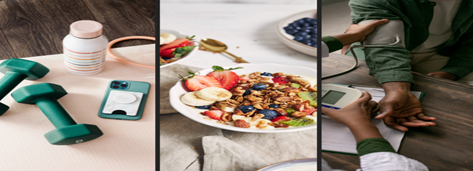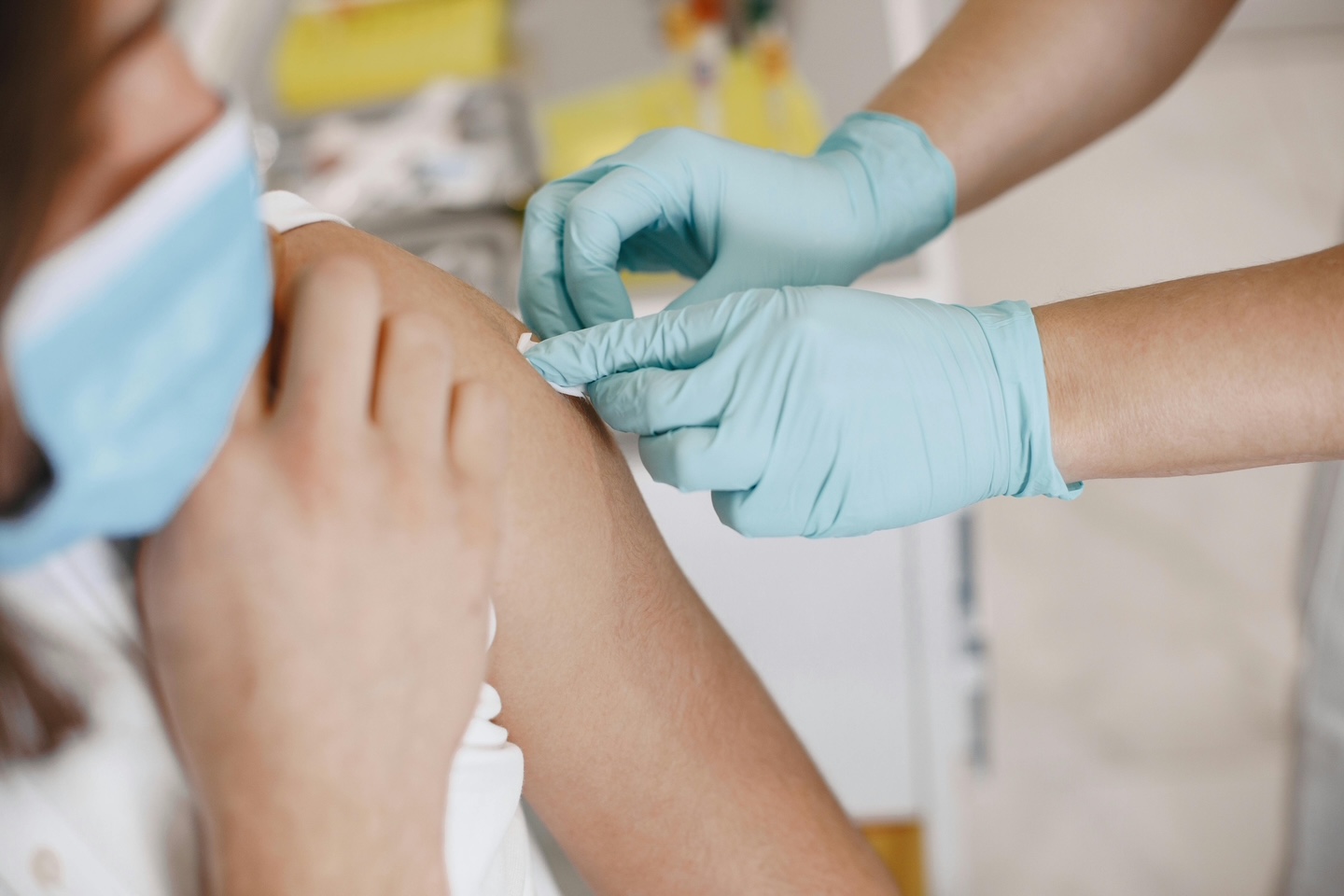Amid the hustle and bustle of our careers, relationships, and personal growth during our thirties, it’s easy to put our health on the back burner.
However, this is the decade when preventive health measures become increasingly crucial. Our bodies change, and our risk for specific health issues heightens. It’s time to shift our focus from solely reacting to health problems to proactively safeguarding our overall well-being.

The cornerstones of health in your thirties
Maintaining good health in your thirties isn’t about taking drastic measures; it’s about making sustainable lifestyle choices. Here’s how you can build a strong foundation for a healthy future:
1. Maintain physical activity.
Staying physically active in your thirties is crucial for long-term health and well-being. While life often gets busier with career and family commitments, prioritizing exercise is an investment in your future self.
Regular physical activity reduces the risk of chronic diseases like heart disease, stroke, type 2 diabetes, and certain types of cancer. It also helps maintain a healthy weight, improves mental health, and boosts energy levels.
Aim for at least 150 minutes of moderate-intensity aerobic exercise, or 75 minutes of vigorous-intensity exercise, per week, along with muscle-strengthening activities on two or more days per week. Remember, it’s never too late to start. Even small changes, like taking the stairs or going for a walk during lunch breaks, can make a big difference.
The easiest way to ensure regular exercise is to find physical activities you enjoy, whether it’s dancing, swimming, hiking, or cycling. Make them a part of your routine to ensure a healthy and active lifestyle in your thirties and beyond.
2. Adopt a balanced diet.
Entering your thirties marks a pivotal phase where maintaining a balanced diet is paramount. During this decade, metabolism slows down, making weight management more challenging. Further, the risk of chronic diseases such as heart disease, diabetes, and certain cancers starts to elevate.
A balanced diet rich in fruits, vegetables, whole grains, lean proteins, and healthy fats provides essential nutrients to support optimal health and mitigate these risks. It’s also high time to limit processed foods, sugary drinks, and excessive alcohol intake.
Studies show that individuals who prioritize a balanced diet in their thirties experience improved energy levels, enhanced cognitive function, and a reduced likelihood of developing chronic illnesses later in life.
3. Schedule regular wellness check-ups.
Don’t wait for symptoms to appear; have regular check-ups with your doctor to detect potential health issues early on. Advanced detection and prevention of chronic diseases like heart disease, diabetes, and certain cancers are crucial for your long-term well-being.
By scheduling routine check-ups, you can establish a baseline for your health, identify potential risk factors, and receive personalized guidance on maintaining a healthy lifestyle. Discuss with your healthcare provider all the necessary screenings and tests appropriate for your age and risk factors.
4. Prioritize vaccinations and health screenings.
Vaccinations are not just for children; adults need routine vaccinations, too. The HPV vaccine, for example, is recommended for men and women up to age 26. It’s a highly tolerated and effective way to protect yourself against certain types of human papillomavirus (HPV) that may cause cervical cancer and other types of HPV-related cancers.
Cervical cancer is one of the only two preventable cancers out there. As such, getting the HPV vaccine is a good investment towards helping prevent cervical cancer.

It’s easier than ever to secure HPV vaccines – they are usually available in hospitals and clinics with obstetrics and gynecology (ob-gyne) departments. For office girlies on the go, the most convenient way to secure an HPV vaccine is through a local pharmacy near you.
Regular health screenings, on the other hand, are like a check-up for your body. They allow healthcare professionals to detect potential health issues early on, when they are often most treatable. Depending on your risk factors, healthcare providers may recommend early screenings for different types of cancer, such as breast, cervical, colorectal, and skin cancer.
In your thirties, early screenings for cholesterol, blood pressure, and blood sugar levels are vital in identifying risk factors related to heart disease, stroke, and diabetes. For women, regular health screenings may also include pap smears and breast exams.
Taking charge of your health
Your thirties are a time of empowerment and self-discovery. Take charge of your health by making informed decisions and prioritizing preventive measures. Talk to your healthcare provider about routine vaccinations, health screenings, and other preventive health strategies. Even in your thirties, it’s never too late to start investing in a healthier and happier you.
This is an educational message provided by MSD Philippines. To learn more about how you can protect yourself from HPV and cervical cancer, visit https://guardagainsthpv.ph/ today.




